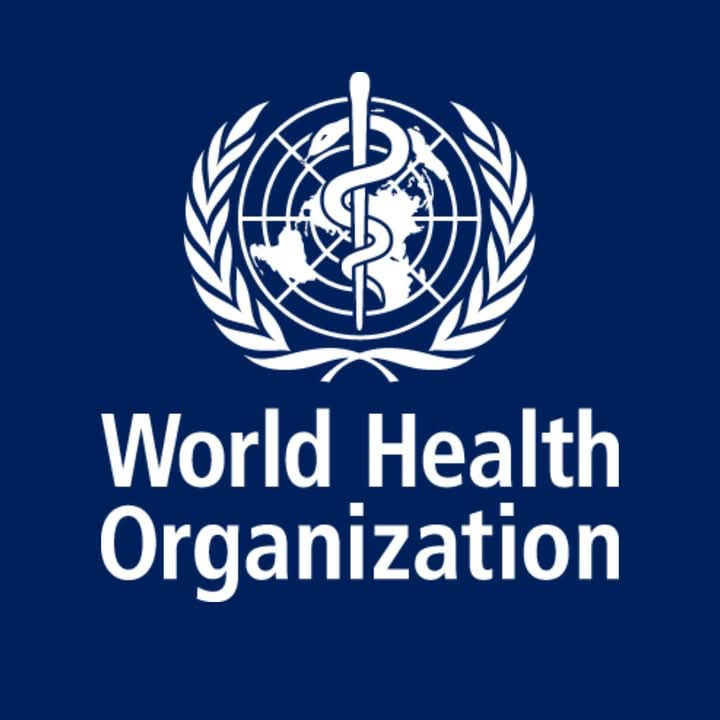Nigerians are being encouraged to remain cautious, maintain preventive practices, and keep their vaccinations up to date to protect themselves, their families and their communities from new COVID-19 variant, designated ‘NB.1.8.1′.
It follows the World Health Organization (WHO) announcement of the emergence of the variant which is currently spreading in several parts of the world and raising concerns among global health authorities.
WHO classified NB.1.8.1 as a “variant under monitoring” due to its increasing prevalence and its potential to partially evade immunity gained from previous infections or vaccinations.
The organization calls the ‘NB.1.8.1’ a descendant of the Omicron JN.1 lineage and was first detected in late January 2025.
It says that since its discovery, the variant has rapidly gained ground, accounting for 10.7 per cent of all globally sequenced COVID-19 cases between April 21 and April 27. This represents a significant rise compared to just 2.5 percent one month earlier, highlighting its swift spread.
Most of these new cases have been reported in regions including the Eastern Mediterranean, Southeast Asia and the Western Pacific and the United States.
Despite its rapid spread, current evidence indicates that ‘NB.1.8.1’ does not cause more severe illness except sore throat, cough, fever and fatigue and does not lead to hospitalizations or kill.
In Nigeria, no cases of ‘NB.1.8.1’ have been reported so far although a major concern raised by experts is ‘NB.1.8.1’’s ability to partially evade immunity.
This means that individuals who have previously contracted COVID-19 or have been vaccinated may still be vulnerable to reinfection.
